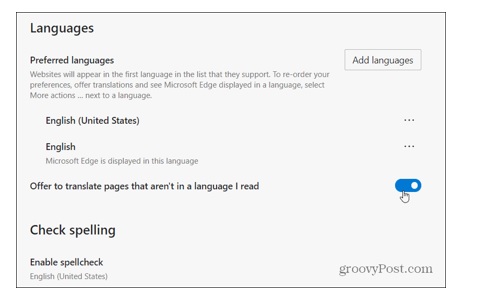
Do you work with annoying people on your boat— with tight quarters making things worse? Here’s how to avoid succumbing to long-term stress.
Dealing with stress is a significant part of every mariner’s job. Managing it successfully, especially the pressures of working in tight quarters, can spell the difference between a long, successful career and an unhappy, short one. Our tips for managing mariner job stress will help you avoid the latter experience.
What Is Stress?
Stress is your body’s way of saying you’re facing a big challenge. Whether you’re sitting for a mariner license exam or having to deal with family problems back home, stress leads the human body to produce more adrenaline and cortisol. These chemicals help us marshal our resources, both physical and mental, to overcome a problematic event.
Usually, stress is an adaptive response to the external environment. That means it serves a valuable purpose. But sometimes, stress can last for many weeks or months. When this happens, one’s cortisol level remains excessive. Over time a person’s body stops reacting to the hormone, resulting in high levels of inflammation. Allowed to continue indefinitely, inflammation can hurt your heart and blood vessels, harm your brain and lead to other diseases.
Mariners have inherently stressful jobs. Experiencing bodily damage from unrelenting stress is something to avoid if you can.
The Tight-Quarters Problem
Mariner work isn’t a walk in the park. Jobs often involve extended periods at sea or on large inland bodies of water. Space may be in tight supply on certain ships and crew quarters cramped. Within this environment, mariners have to work with the same crewmembers day after day, even though they exhibit annoying or toxic behavior. When you must interact with people you don’t like, and whose actions make your blood boil, you’ll likely experience a fight or flight response. The problem is that there’s literally no escape onboard a ship on a big body of water.
Managing Stress Before It Manages You
Mariners must learn how to keep tabs on their stress levels. When you feel wired about a work situation, expressed through headaches, anger bursts, alcohol cravings and digestive problems, act immediately. Here are some things you can do:
- Watch your diet– If you regularly eat food high in fat and sugar, you’re making it harder for your body to combat stress. Once you enter a high-stress period of your life, try to cut back on fatty foods and reduce the sugar you consume. Eat more lean meats, beans, vegetables and complex carbohydrates. Avoid drinking alcohol excessively (if you’re allowed to have it on your ship). Committing to this type of diet will almost certainly make you feel less stressed.
- Quiet your mind– Engaging in mindful meditation is an excellent stress-reduction tactic. How do you do it? Simply focus on your breathing for at least 15 minutes a day or whenever you feel stressed. Pay attention to your breathing sensations and how you feel as you breathe. Then free your mind of content. If a stressful thought enters your awareness, let it pass and empty your mind again. Maintain this practice daily and you’ll be amazed at how calm you feel.
- Find other ways to calm your thoughts– Insulating yourself from painful thoughts is essential to stress reduction. Meditation helps with this, of course. So does reading, keeping a journal, sketching or listening to music. As with meditation, you don’t have to invest much time in these practices. Even 10 to 15 minutes daily can have a beneficial effect.
- Focus on peaceful human relations– You’ll always have to deal with unpleasant crewmembers. Rather than trying to modify their behavior, focus on reframing your response to them. Why? Because their behavior is out of your control, but your reaction isn’t. Adopting cognitive behavioral strategies such as telling yourself things could be worse or focusing on the end of your assignment can help take the edge off.
- Offset negative people with positive people– If a certain crewmember drives you up the wall, seek out others whose company you enjoy. Having good times with your other colleagues will go a long way to offset the unpleasant behavior of people you dislike.
- Stay in close contact with your family– Keep reminding yourself that bad crewmembers come and go, but your family loved ones are a constant. Staying in close touch with them while you’re working will remind you of what’s important. Dealing with irritating people on the job becomes more tolerable when viewed in light of your job’s financial benefits that support your family.
- Turn to your spirituality– If you’re a religious person, use prayer to detox your emotions and remind yourself of the divine presence in your life. If you’re not religious, read books about philosophy or meditate often as suggested earlier.
The point is that working with challenging people, especially if you’re trapped in close quarters, can be very frustrating. Left to fester for weeks or months, this experience can stress you out and make you sick. If you do nothing else, try several of the tips we shared to make your work interactions more tolerable. Life’s too short to get upset over things you can’t control— but, if you manage your body and spirit, it will better equip you to tolerate the annoying people on your ship until you return to your life on shore.
Concerned about your professional risks as a charter captain? Consider buying convenient, affordable license and liability protection from 360 Coverage Pros.







Share this page.